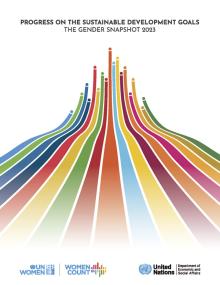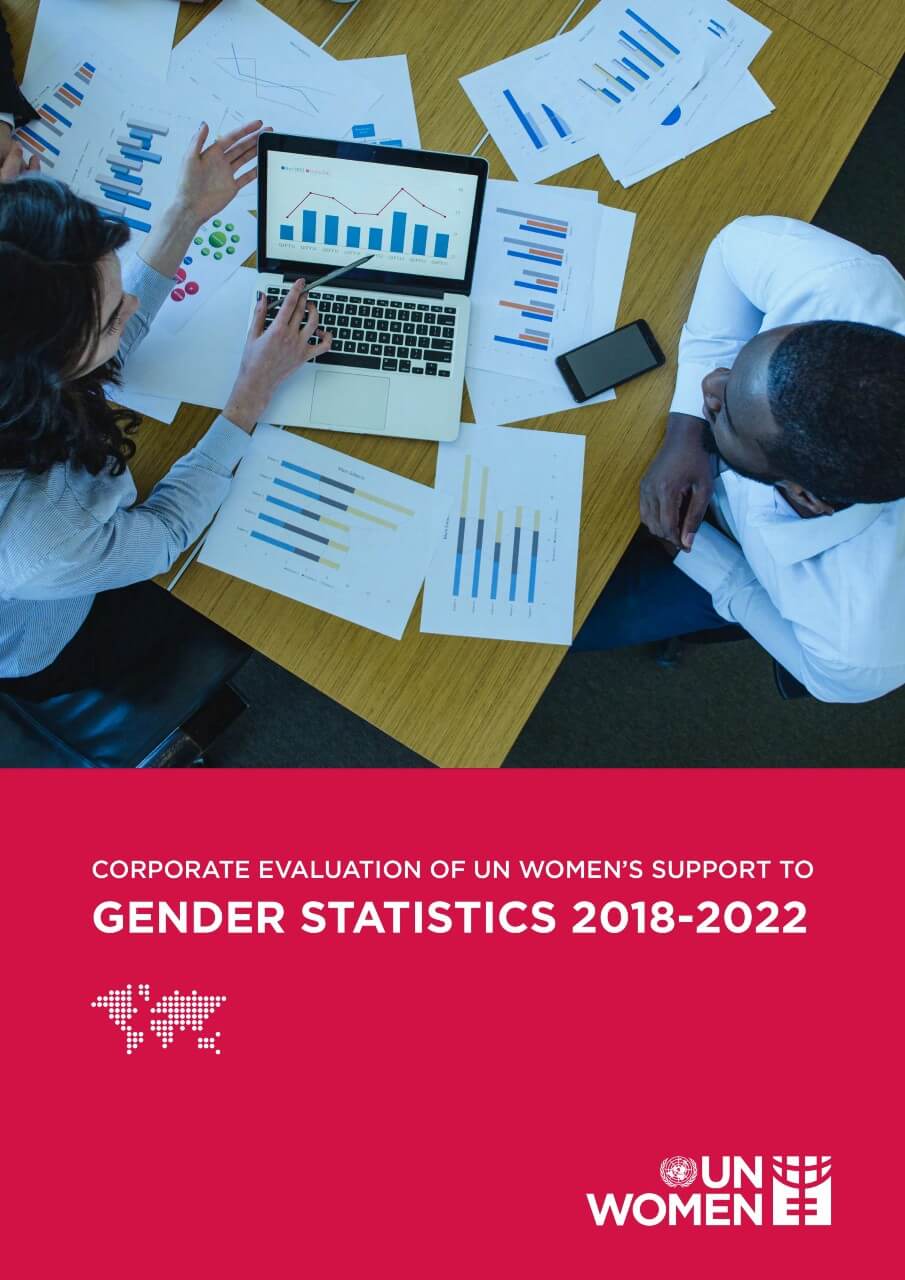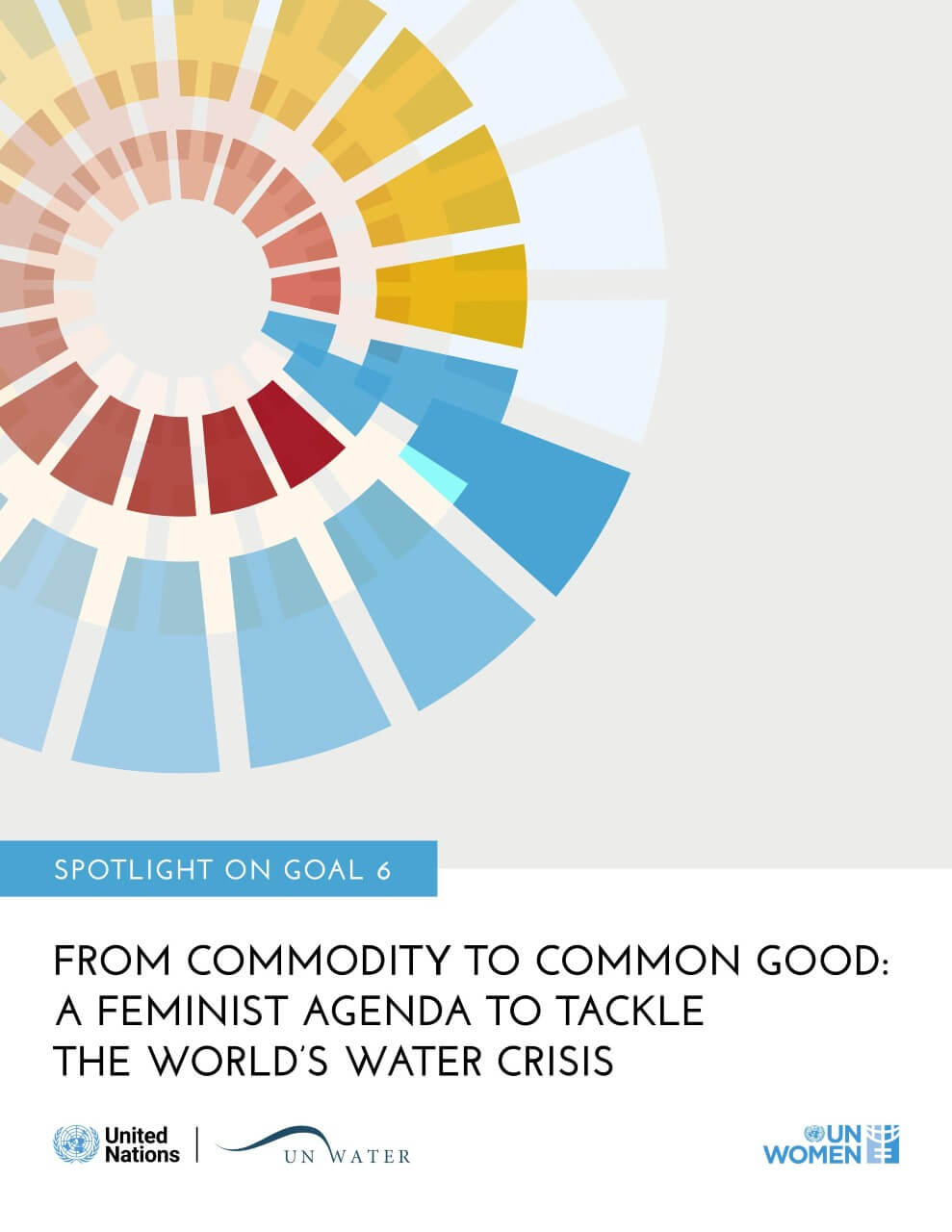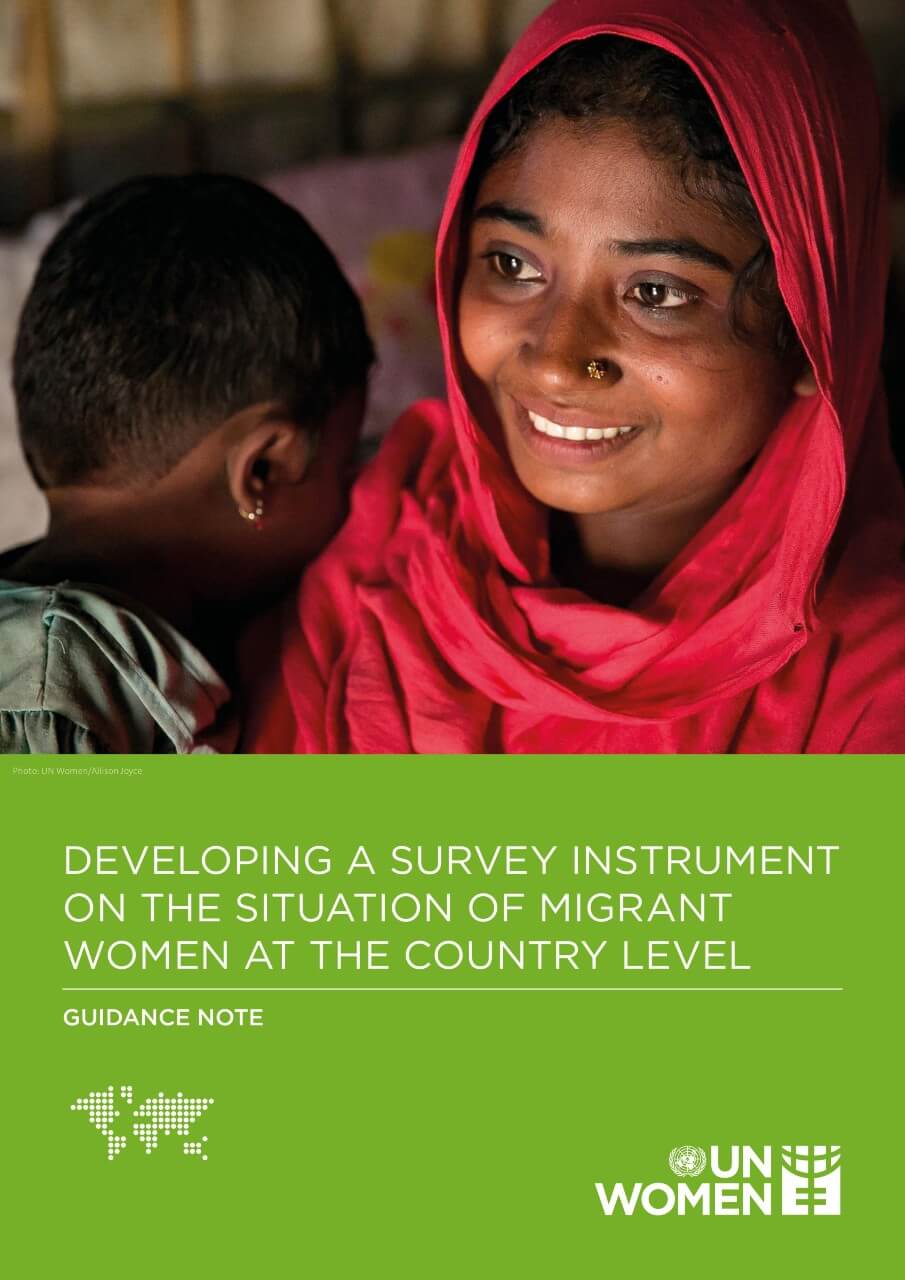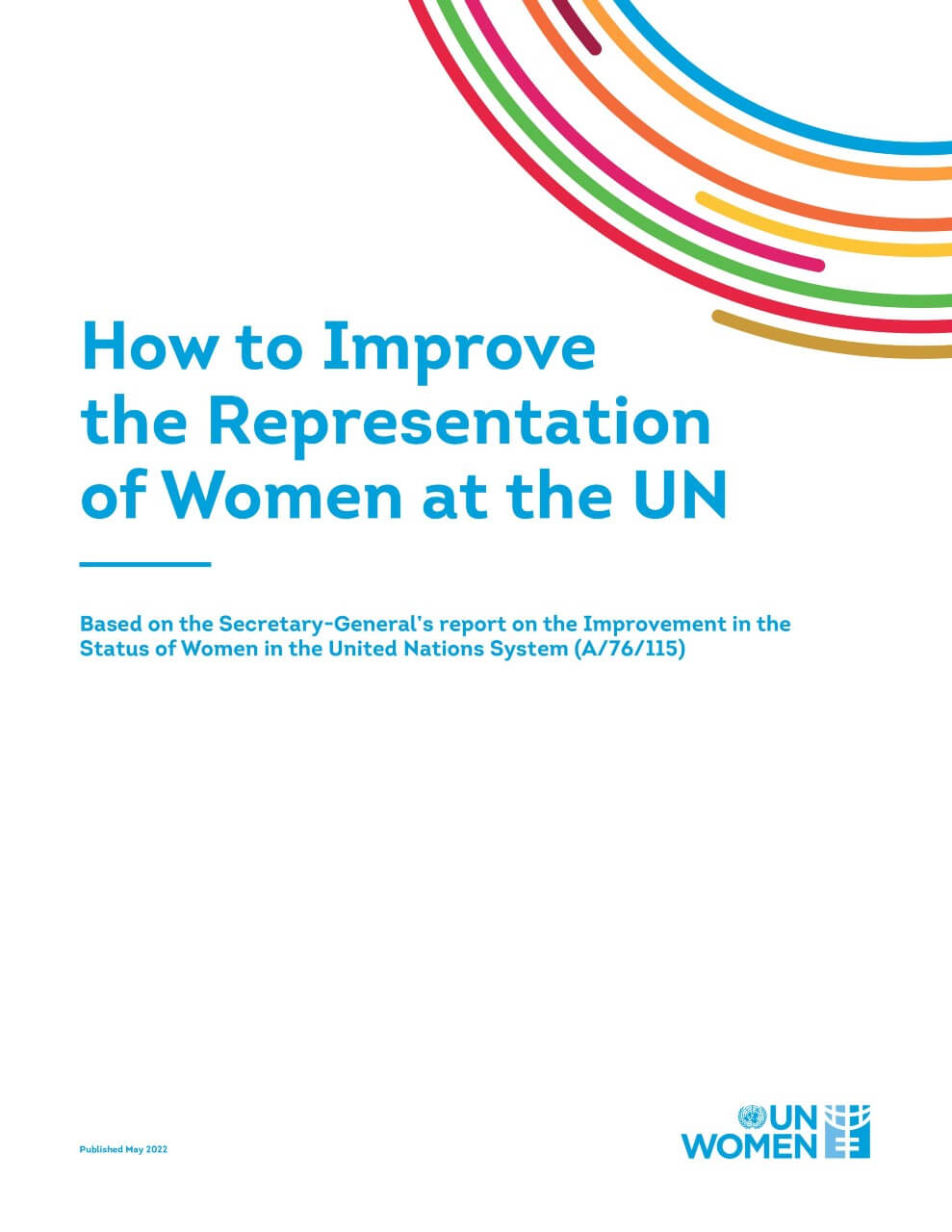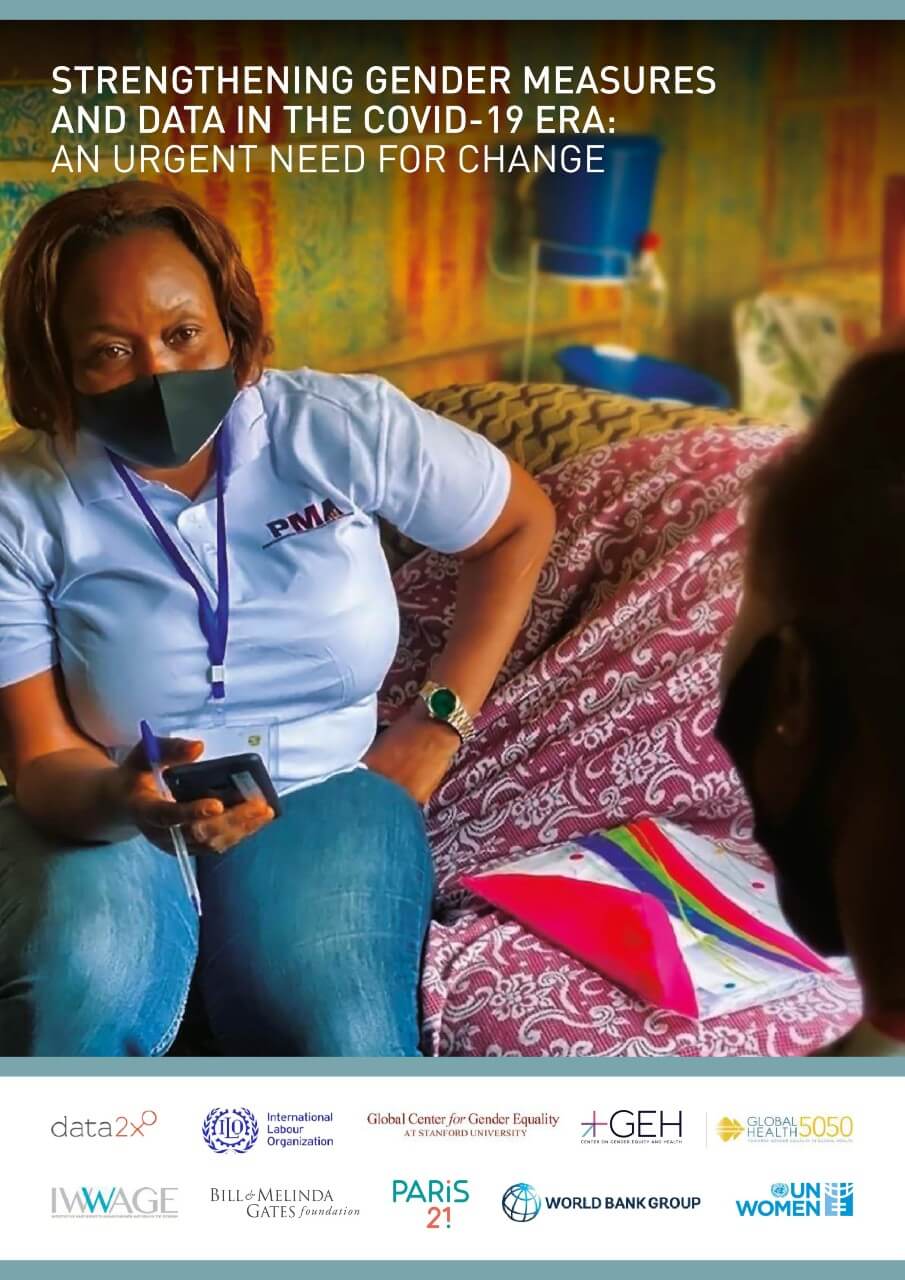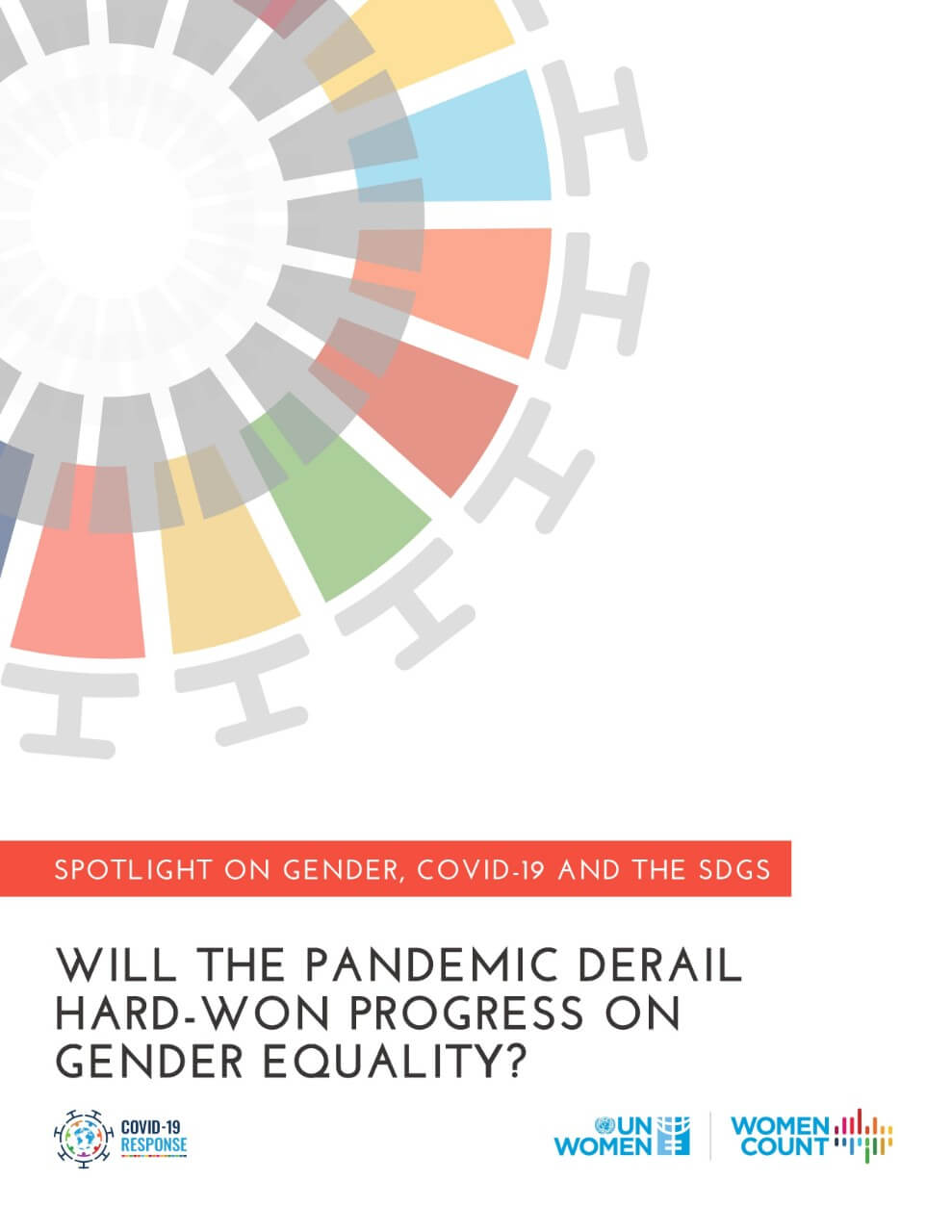This report presents the latest evidence on gender equality across all 17 Sustainable Development Goals, focusing not only on the current level of progress, but also on the likelihood of achieving gender equality across the Goals at the current trajectory. Among this year’s recommendations is a call to significantly expand national investments and international financing in support of gender equality.
Explore our publications and reports
Gender statistics are a fundamental aspect of UN Women’s work to promote gender equality. UN Women’s Independent Evaluation Service conducted an evaluation of UN Women’s…
Water stress is intensifying, taking tolls on women’s and girls’ time, health, and lives. A feminist approach to the water crisis recognizes the important role women…
Accurate and timely sex-disaggregated data and gender statistics on migration are critical for understanding the specific situations, needs, and challenges of migrants,…
This working paper features data and analyses of women’s representation in 133 countries and areas. The paper considers the impacts of legislated quotas and electoral…
This publication provides a summary of the key statistics on the representation of women in the UN system, barriers to achieving gender parity, and recommended actions…
This brief analyses the extent to and ways in which countries in sub-Saharan Africa have made extensive use of social protection instruments to confront the economic and…
This report asks what needs to change in the approach of the United Nations system as a whole to make significant practical progress on gender equality in disaster risk…
This guidance tool aims to explain the practical steps towards enhancing the quality of women’s land rights data and statistics for data producers, analysts, and…
The pandemic has exposed and exacerbated existing gender data gaps that undermine our ability to intentionally craft gender-responsive policies and programmes. Filling…
Health emergencies such as COVID-19, and the response to them, can exacerbate gender inequality and derail hard-won progress not only on SDG 3 but on all the SDGs. This…






